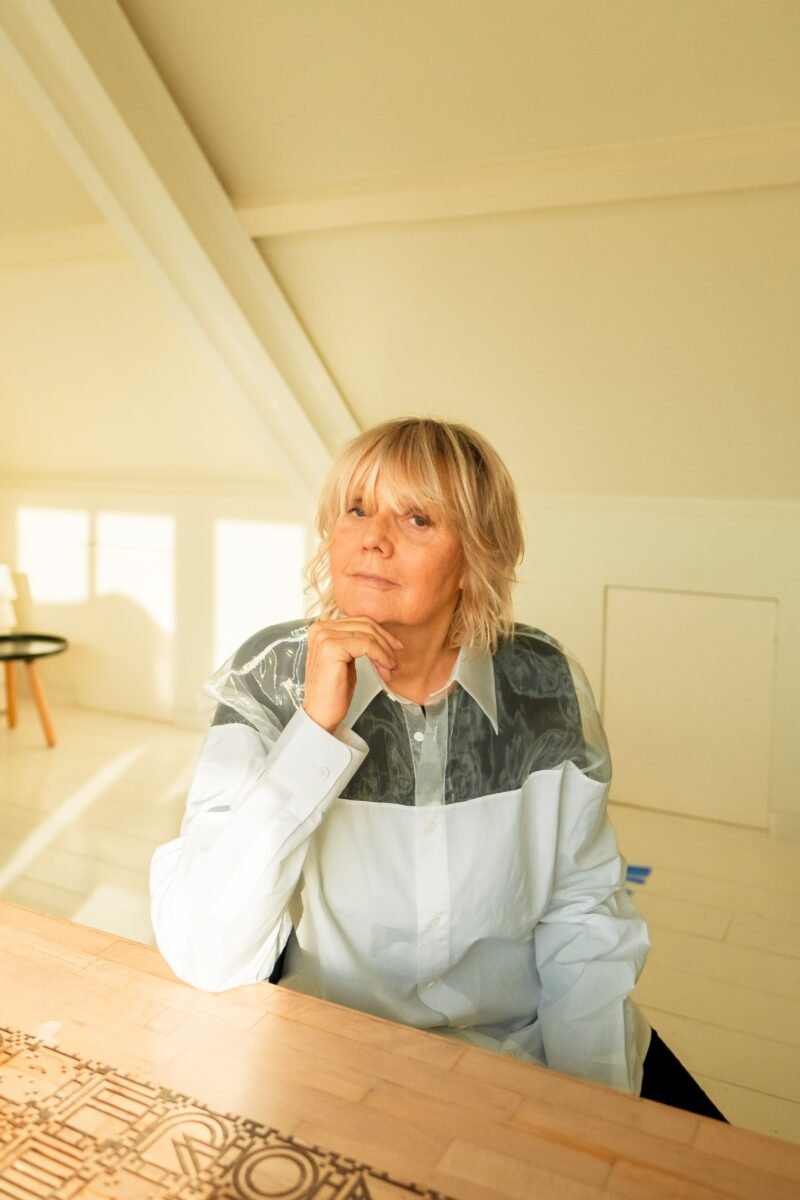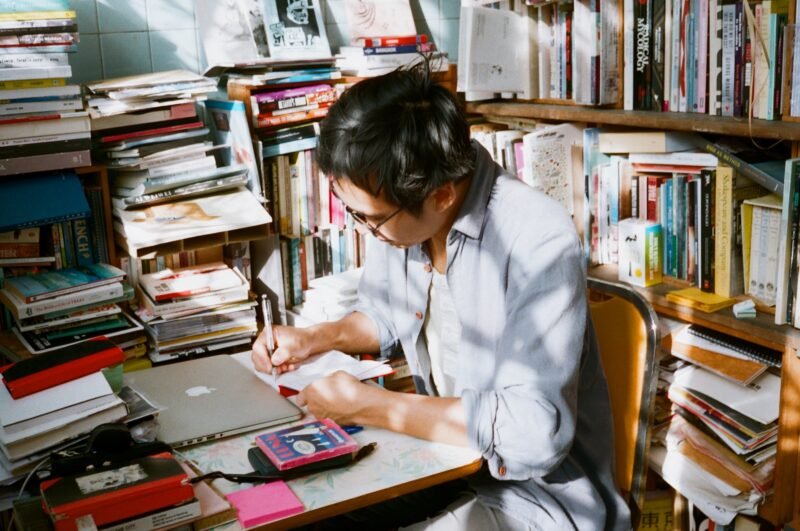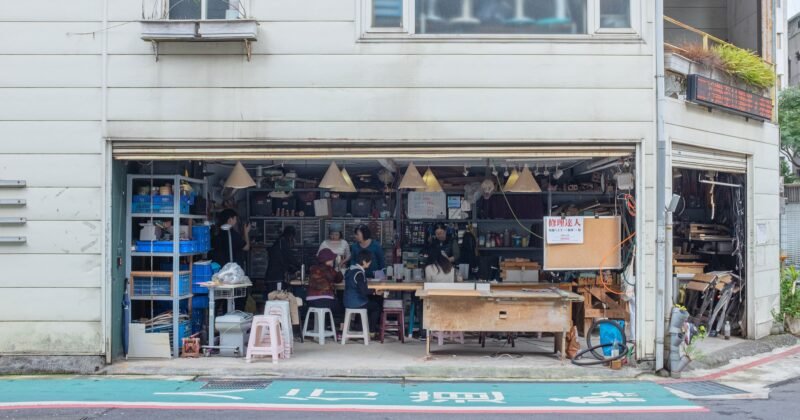Trend 2: The Rise Of Social Selling
Social buying (Groupon, Living Social, etc.) seems to be a giant 2011 trend, but we predict ‘social selling’ to be the entrepreneur’s answer in 2012.
Last year we already stumbled upon great social selling initiatives in cities like Amsterdam, Munich, Tokyo and Singapore, but there’s definitely more to come. Social selling basically means that retailers start shops and other formulas together. They join forces to attract clients and save expenses. The future shop is not related to one retailer any more, but becomes a shared place for different merchandisers. As a consequence of the crisis, starting businesses have to be careful with their cash-flow. Sharing risks and expenses lets retailers profit from each other and create new, fresh and well communicable concepts that work perfect on social media. That’s what makes this selling trend entirely social.

In Amsterdam we reported about a new and ultimately flexible shopping initiative called Onedayshop. Onedayshop is a fully accommodated shop that changes concept, products and brand every day. The new concept enables its clients (retailers) to occupy an empty but accommodated retail space in a popular shopping street in Amsterdam and disappear after one, two or three days. The Onedayshop focuses on upcoming design talent that wants to sell its products to a new group of customers. The great thing here is that every day an opening party takes place, which is highly promoted at each sellers social media channels.

Another interesting example are the so-called box shops in cities like Tokyo, Shanghai, Hong Kong and Taipei, as spotted by Nest Project. Every box is a shop of an individual owner. The box shop Cactus Farm in Singapore, for instance, offers affordable and fully serviced retail space to designers in a shopping mall, enabling them to showcase their fresh products together with other temporary co-renters. Under the slogan “Get a prime location for $5 a day!” one rents a cubic micro-shop for a reasonable fee and for a very short time to test the market of a new product.

Another remarkable social selling initiative is the Flohpalast in Munich, an idea based on a mixture between the atmosphere of a second hand store and the diversity of a flea market. The shop rents shelves to people who want to make money by selling their old stuff but don’t have the time to go to a flea market or sell their stuff online. At Flohpalast retailers pay €38 for each month they rent a 1-meter shelf. They can freely decide what they want to sell and how much they want to charge for it. Payment is done at a desk in the shop and the money earned will be transferred to the product seller, free of provision.

A comparable initiative in Tokyo is the online and offline second hand store Pass the Baton, which focuses on style and personal culture. Each item is presented with a short story by and about its seller. Selling here is not only social as it is done together, but also takes into account the social aspects of having stuff. What you have, sell, want to have or buy, defines your identity, and new selling platforms like Pass the Baton focus on this aspect. The international and very popular social selling start-up Svpply is a great example here too. It’s a social network based on stuff that people want to have, or want to be associated with.

Social selling shops attract visitors and potential clients that each individual shop owner would have never generated. Platforms like Facebook and Twitter are great catalyzers here. Modern (design) retailers aren’t necessarily dependent on a local group of regular customers, as shop owners in the past were, but more and more on a broad group of interested people attracted through social media and drop by for the opening party of your micro shop or one-day shop. Let’s see if this becomes an new trend in retail…
This article belongs to the Top 10 Trends For 2012. Reflecting on what we’ve written in 2011 and looking into the new year, we’ve compiled a fresh list of remarkable trends that we consider to be important for our cities in 2012.



